Lawrence Bender went to the University of Maine because he liked its civil engineering program.
While there in the 1970s, he fell in love with dance and became a dancer. But he got his engineering degree too.
Looking back now, Bender says his UMaine experiences — civil engineering training combined with the discipline and artistry needed for dance — were the perfect preparation for what turned out to be his career: Hollywood film producer.
“When I started producing, I realized that all the training I had in college really prepared me,” said Bender, 55, whose credits as producer include “Pulp Fiction,” “Good Will Hunting” and “Inglourious Basterds.” “When you produce, you have one foot in the practical world, the nuts and bolts of things, and that’s where the engineering came in. But you also have one foot in the creative world, and that’s the dance part.
“The University of Maine gave me everything I needed to do what I do. There’s so much stuff out there, and when you’re in college, you’ve got to grab it and absorb it.”
Bender, who’s based in Los Angeles, will return to his alma mater on Saturday to speak during graduation ceremonies. He’ll address graduating students at both the 10 a.m. and 2:30 p.m. ceremonies at Harold Alfond Sports Arena, located on the UMaine campus in Orono.
He’ll also be getting an honorary doctorate of humane letters to go with the bachelor’s in civil engineering he earned from the university in 1979.
Bender was chosen as commencement speaker and recipient of the honorary doctorate because he’s “performing at the highest levels of his profession” and is “helping to change the world through his art and work,” said Daniel Williams, planned giving officer with the University of Maine Foundation and one of the people who recommended Bender.
Williams met Bender when Bender came to Orono for an award in 2009 and was impressed with both Bender’s accomplishments and his clear recollections of what his time at UMaine had meant to him.
“I was really struck with his comments about how the university had impacted him, how he was taught to solve problems through civil engineering courses, but he found his artistic side here too,” said Williams. “I really thought future graduates should hear his story.”
A PRACTICAL YOUNG MAN
Bender was born in New York City and grew up in New Jersey, where his father was a college history professor and his mother was a kindergarten teacher. In high school, he decided to pursue the very practical career of a civil engineer for very practical reasons — he was good in science and math, his grandfather had been a civil engineer, and he heard there were good jobs available in the field.
So he picked the University of Maine mostly because of its civil engineering program. He had no family in Maine, and hadn’t come here to camp or vacation. But he did like the idea that he’d be able to ski nearby in the winters.
While at Orono, Bender still wasn’t completely sure what he wanted to do with his life, and he says he was definitely in a period of “self-exploration.” A girl he was dating asked him to take a dance class, and he loved it.
Later, a dancer named Arthur Hall came to Orono to teach workshops. Bender became inspired, and took up dance with a passion. He studied dance and worked as a dancer while also finishing his civil engineering degree.
After graduating, he was a dancer with the Ralph Robinson ballet company, and moved to New York City. But after several dance-related injuries, he gave up his dance dreams, moved to Los Angeles and decided to pursue acting instead.
He took acting classes and worked on film sets as a grip and in other low-level jobs. For a while, he thought he was going nowhere.
“I was working on movie sets at that point just to make money, and I remember looking at the producer and thinking, ‘That’s the guy I want to be’,” said Bender. “Once I decided to try it, everything started coming together for me. I had been failing as a dancer and an actor for about 10 years, and I started to understand that all my training had prepared me to produce.”
By the time he decided to try producing in the late 1980s, Bender already knew people in Hollywood, including other struggling but talented would-be filmmakers.
He found a horror story set in a grocery store, and raised $100,000 to make it. He got a struggling filmmaker named Sam Raimi (who would later direct such blockbusters as “The Evil Dead,” the “Spider-Man” trilogy and “Oz the Great and Powerful”) to play one of the lead roles. The film, “Intruder,” was a modest success.
The director of “Intruder,” Scott Spiegal, introduced Bender to a struggling screenwriter who had some scripts he wanted to try to make into films.
The screenwriter’s name: Quentin Tarantino.
TWO CAREERS GO TO THE ‘DOGS’
“We got together, and he (Tarantino) wrote the script for ‘Reservoir Dogs’ in about three weeks,” said Bender. “I read it. I didn’t know anything, but I was blown away. It was amazing. He wanted to make it for $50,000, but I said, ‘Let me try to raise some real money to make this right.’ “
At the time, Bender was taking an acting class, and his acting teacher got the “Reservoir Dogs” script into the hands of veteran actor Harvey Keitel. Keitel loved it, wanted to be in it, and even paid to fly Bender and Tarantino to New York to audition actors.
“Reservoir Dogs” came out in 1992 and became an instant cult classic, launching both Bender’s and Tarantino’s long and successful careers. The two would go on to collaborate on many of the films for which Tarantino is best known, including “Pulp Fiction,” “Inglourious Basterds,” “Jackie Brown” and both “Kill Bill” movies.
But that’s only the beginning of Bender’s success in Hollywood. He has more than 40 producing credits, including the feature films “From Dusk Till Dawn” (which co-starred Tarantino), “Good Will Hunting,” “Anna and the King,” “The Mexican” and “Safe,” and numerous TV shows and documentaries, including “An Inconvenient Truth” with Al Gore.
In all, Bender’s films have received 29 Academy Award nominations and won six.
But Bender will also tell you he’s made some duds — or, at least, movies that didn’t perform as well as he thought they would. One of these he mentions by name: “White Man’s Burden” (1995), with Harry Belafonte and John Travolta.
“The idea was, ‘What if America had been settled by Africans and white were the oppressed minority?’ We thought we could make something relevant,” said Bender. “But there wasn’t enough of a story. My lesson there was, story always comes first.”
Bender also works to promote various causes. He’s made films about some of them, including the threat of nuclear proliferation, environmental protection and sustainability, and the nation of Israel.
He says he continues to live and work the way he did at Orono — being curious about lots of things and trying his hand at many.
“Life is more interesting when you’re curious,” he said.
Staff Writer Ray Routhier can be contacted at 791-6454 or at:
rrouthier@pressherald.com
Twtter: RayRouthier
Send questions/comments to the editors.


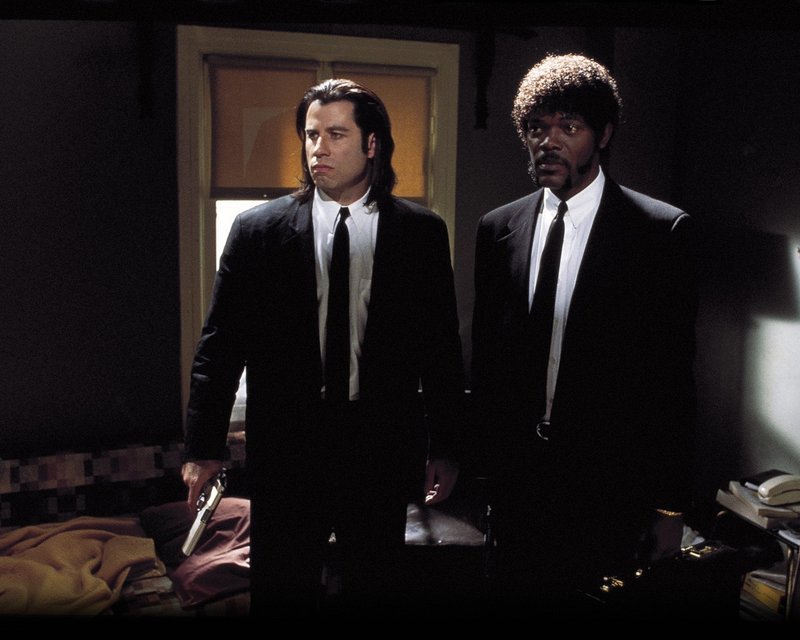
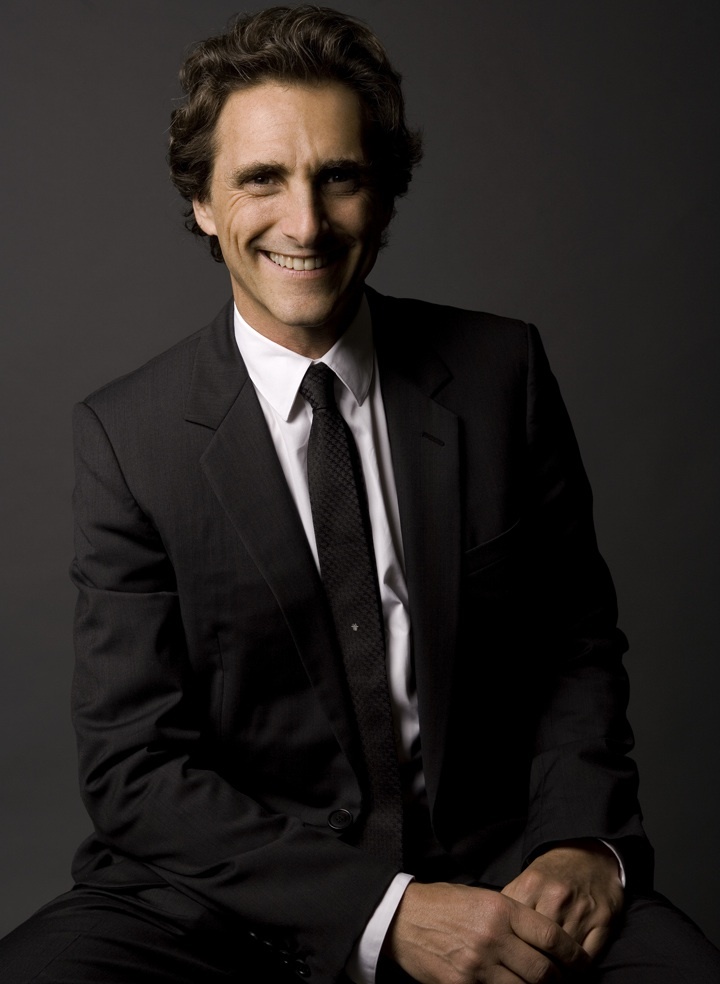
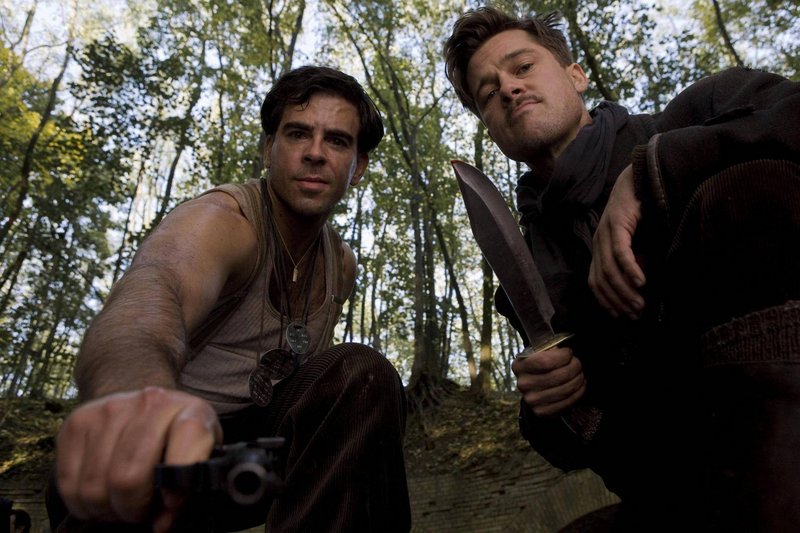
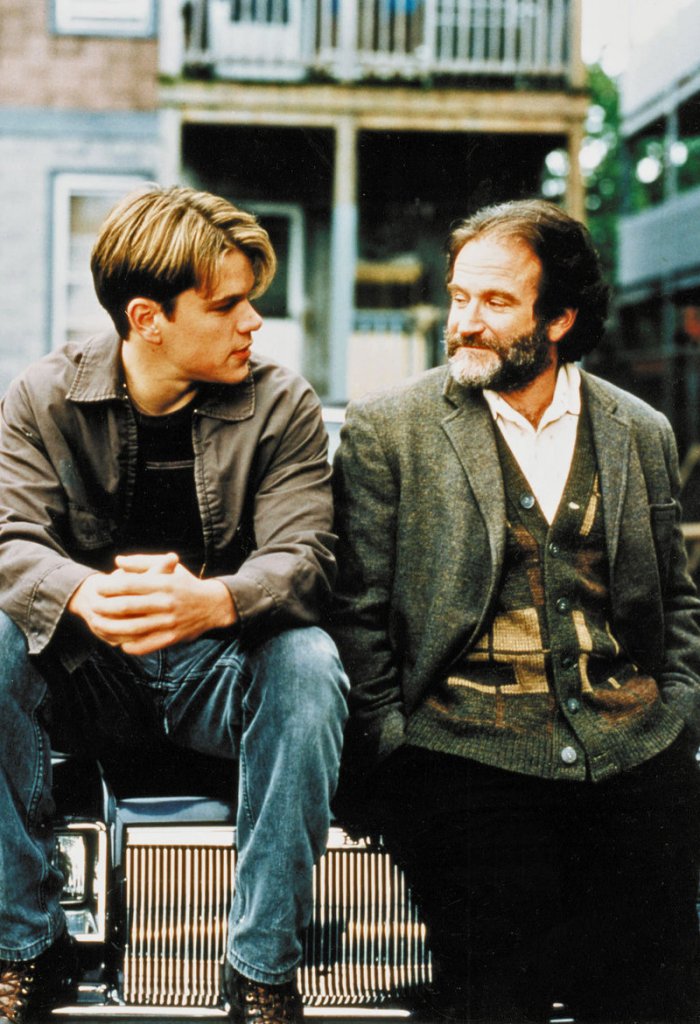
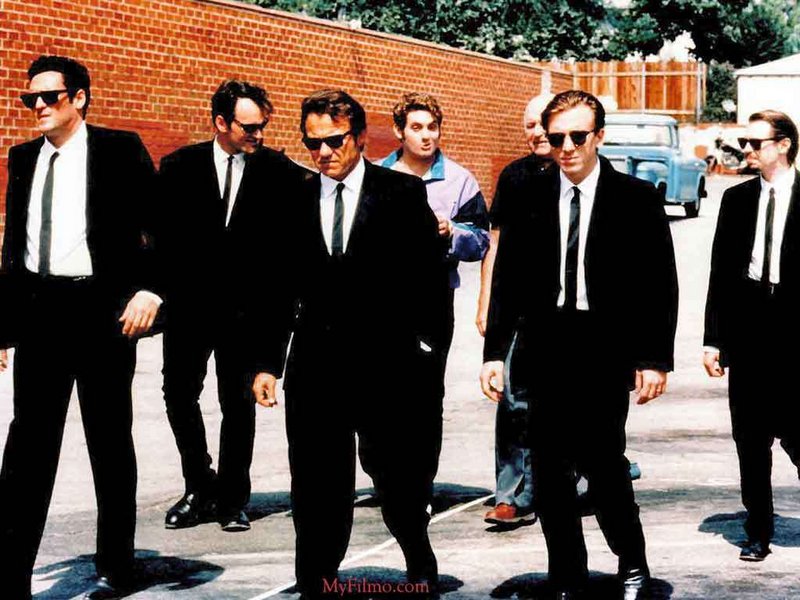
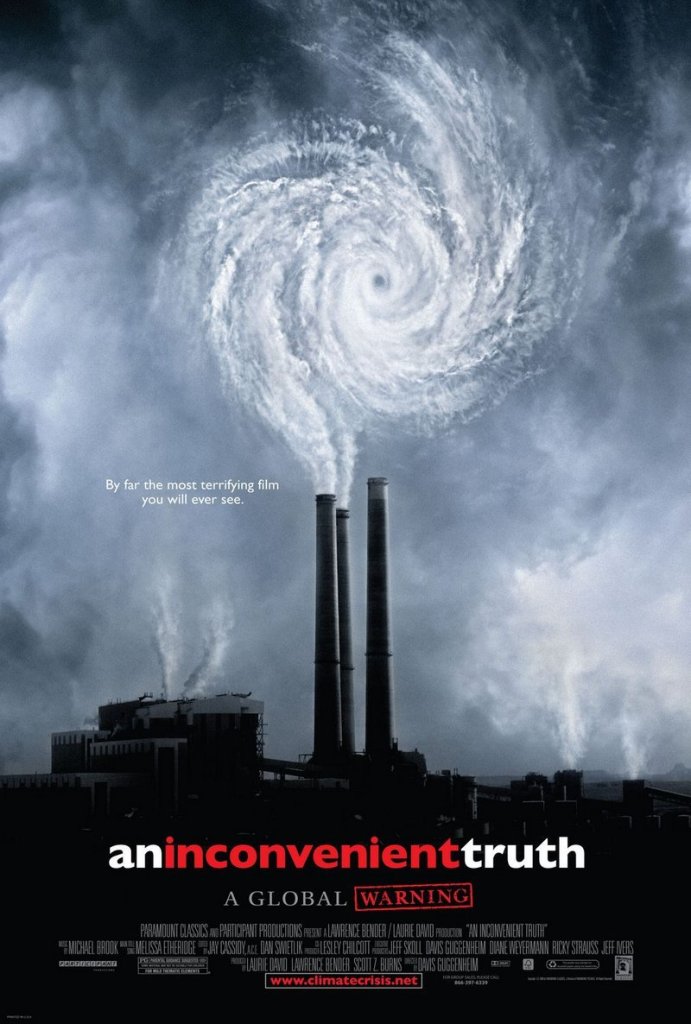

Success. Please wait for the page to reload. If the page does not reload within 5 seconds, please refresh the page.
Enter your email and password to access comments.
Hi, to comment on stories you must . This profile is in addition to your subscription and website login.
Already have a commenting profile? .
Invalid username/password.
Please check your email to confirm and complete your registration.
Only subscribers are eligible to post comments. Please subscribe or login first for digital access. Here’s why.
Use the form below to reset your password. When you've submitted your account email, we will send an email with a reset code.